Born in 1956, Susan Campbell spent much of her youth in Yankton, South Dakota and studied chemistry at Grinnell College in Iowa before moving on to Oxford to read history. She then studied at Harvard Law School before working in legal practice in Denver and Colorado Springs, with a particular focus on supporting non-profit organisations. Alongside her legal work, Campbell served for a long period as US Rhodes District Selection Secretary. Since retiring from law, she has retrained and is now a technical advisor on ecological restoration projects. She is the co-state coordinator for the Colorado branch of Citizens’ Climate Lobby and also supports the Women’s Foundation of Colorado. This narrative is excerpted and edited from an interview with the Rhodes Trust on 6 March 2024.
Susan Campbell
Iowa & St Anne’s 1978
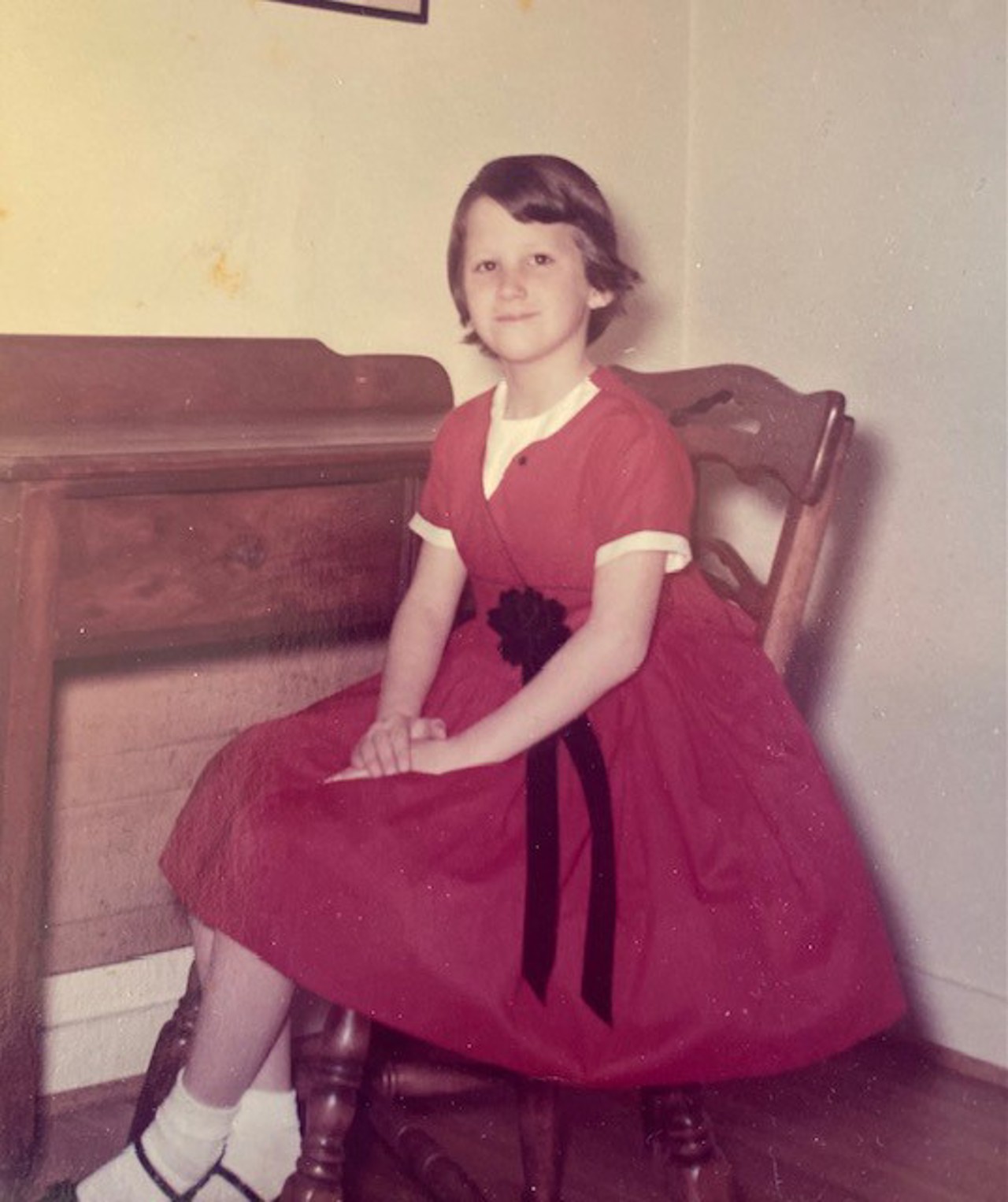
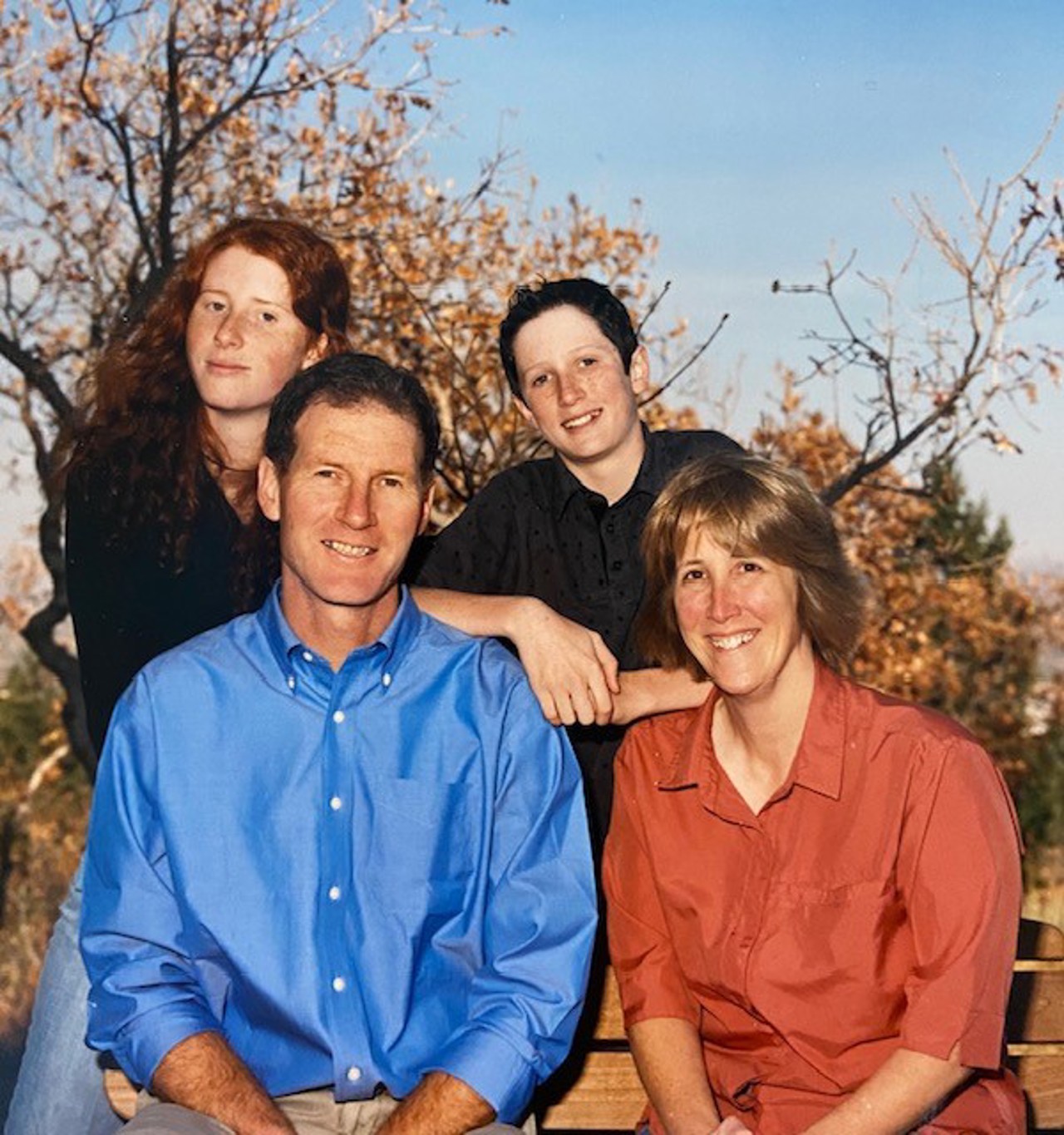
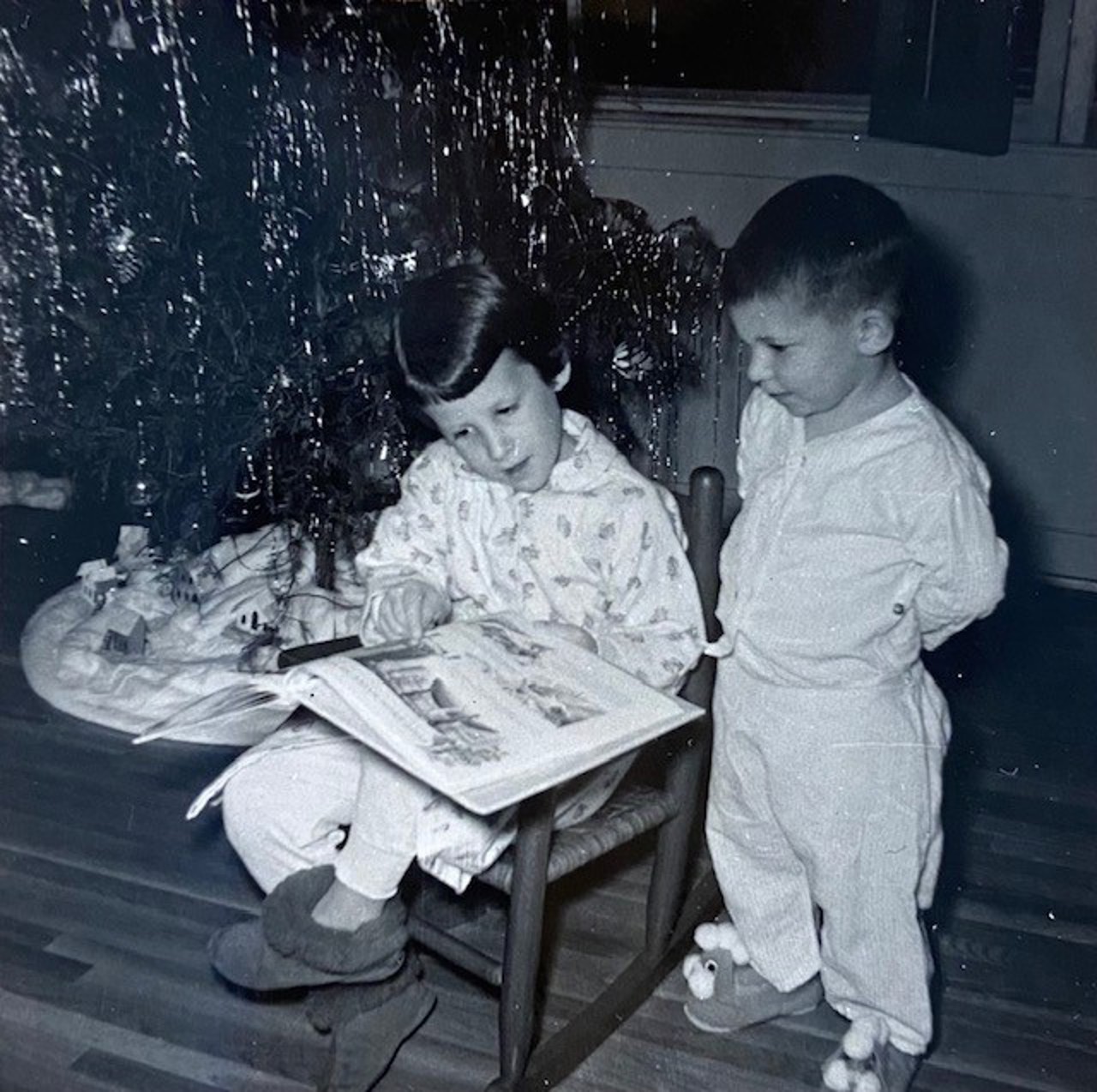
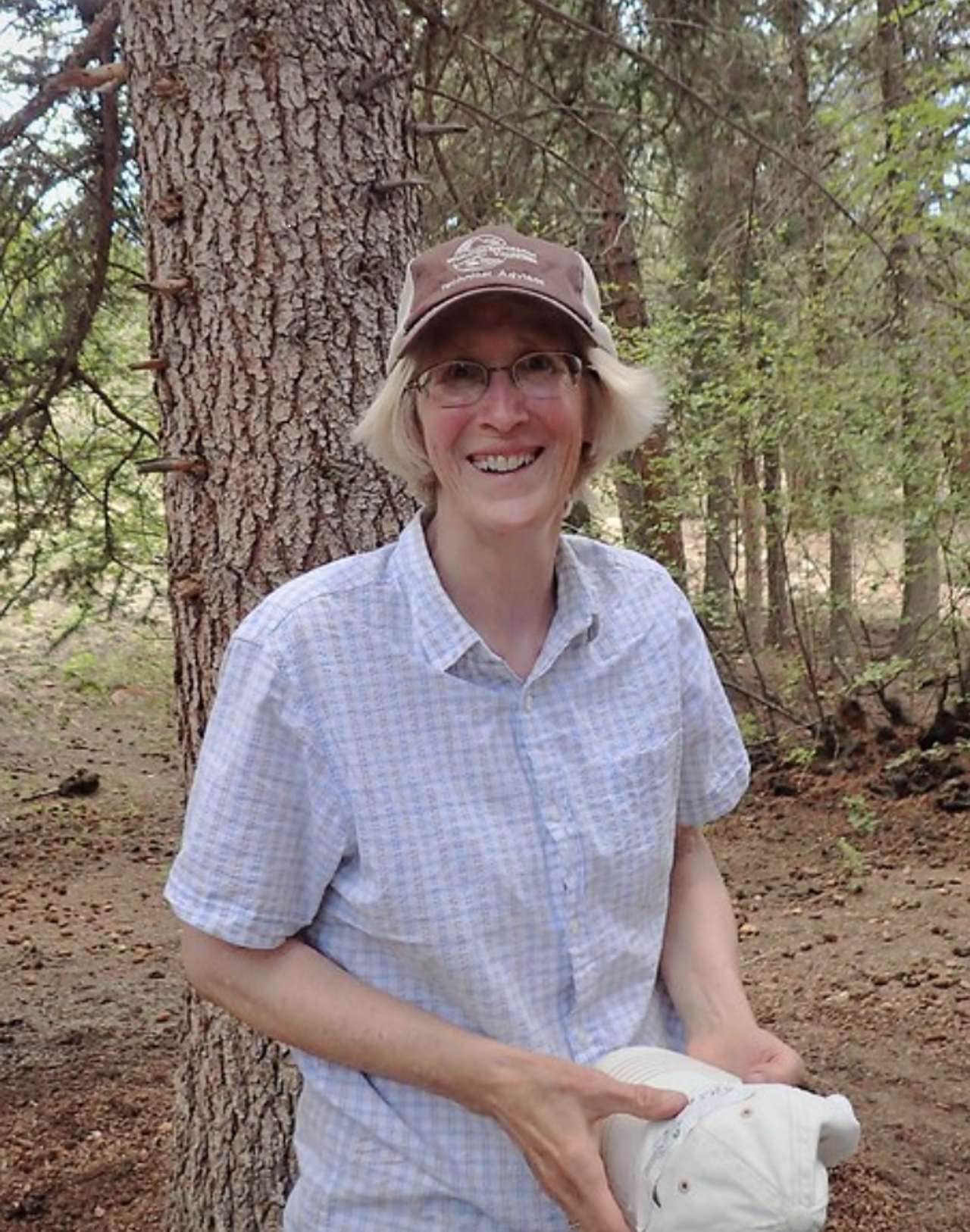
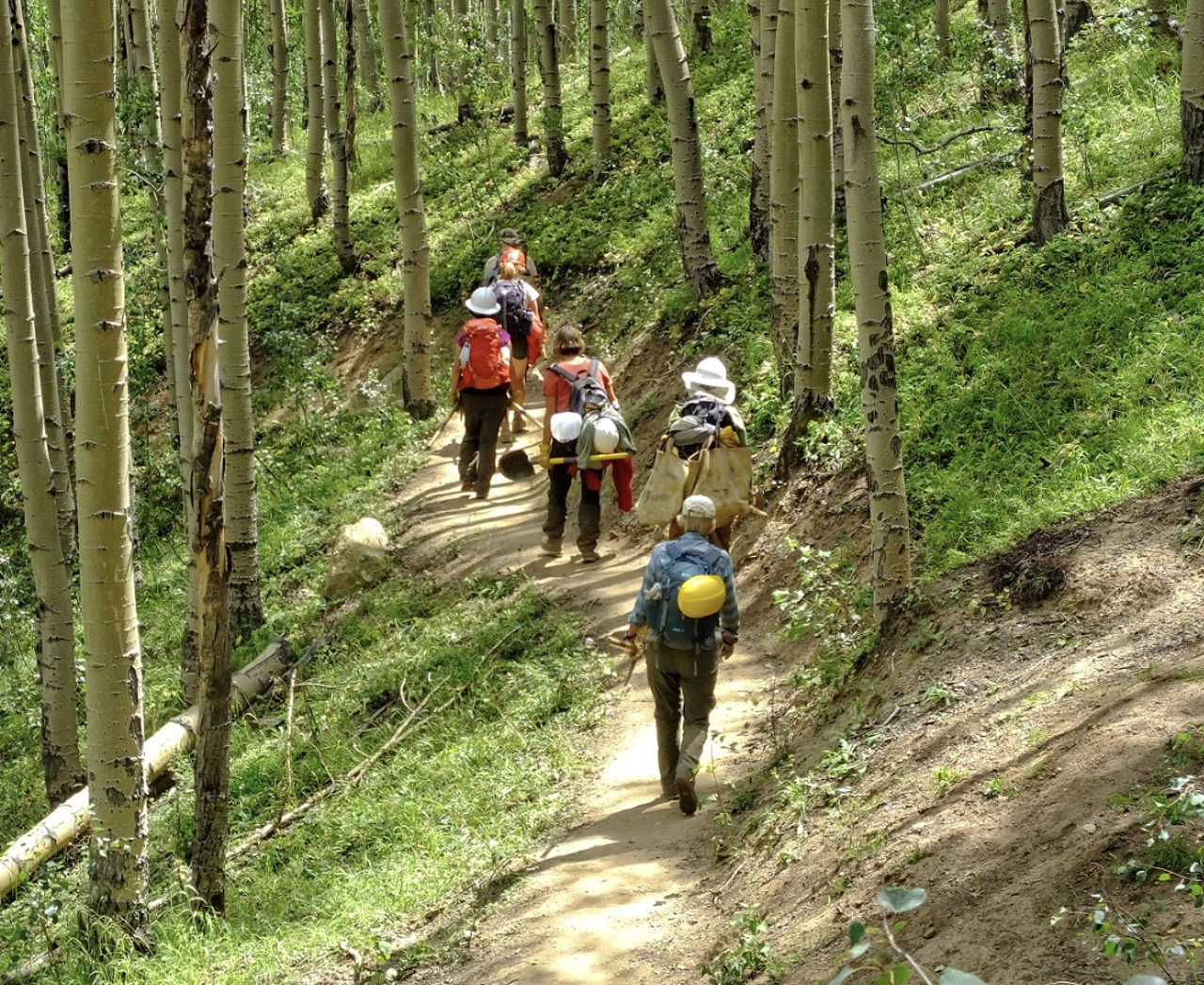
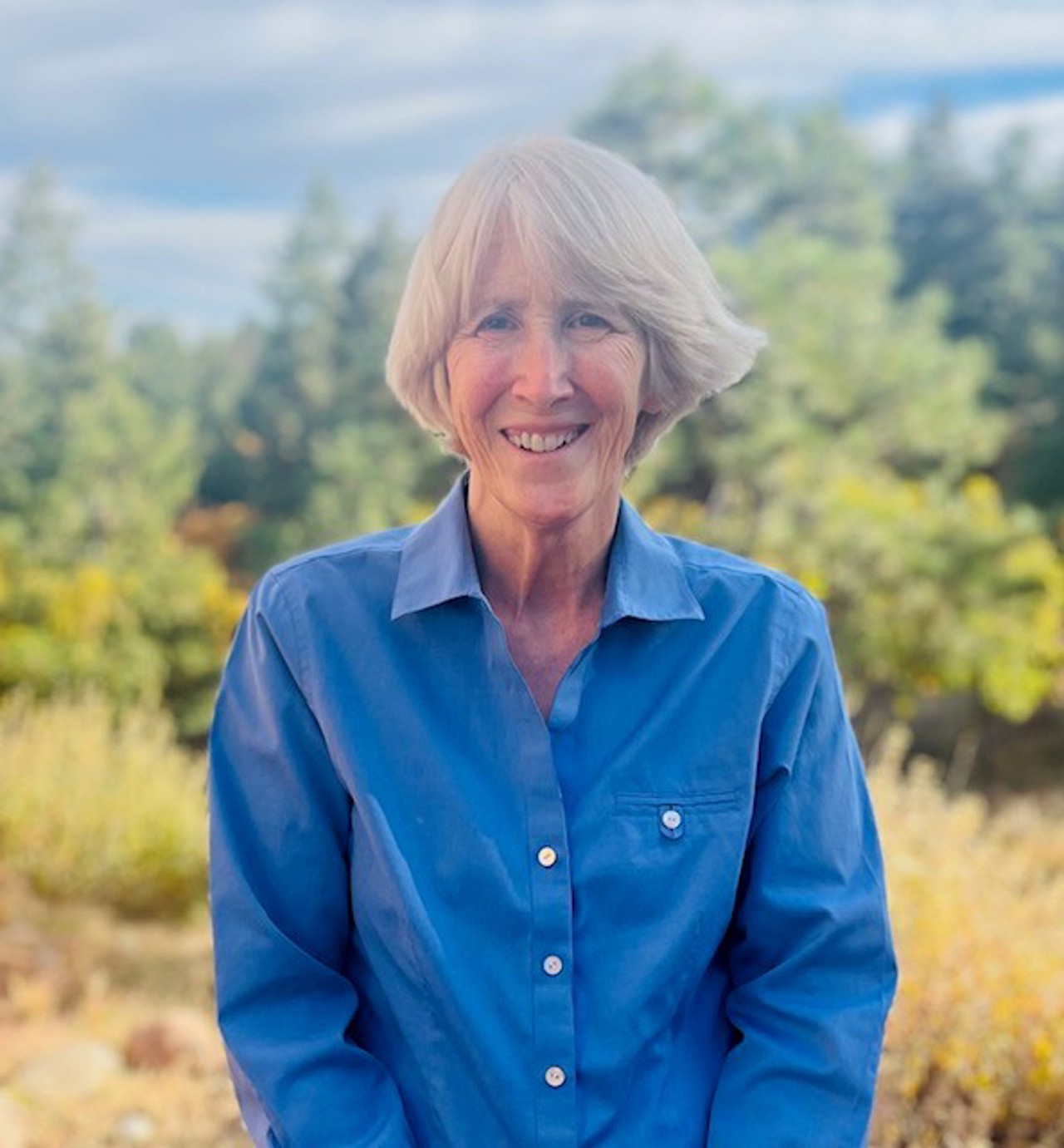
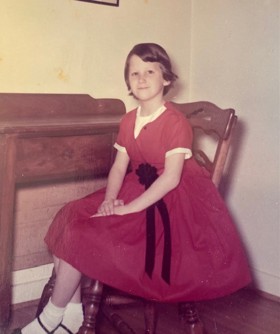
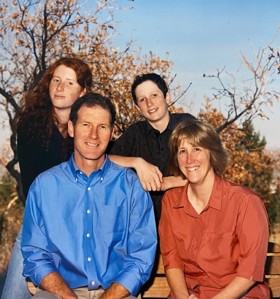

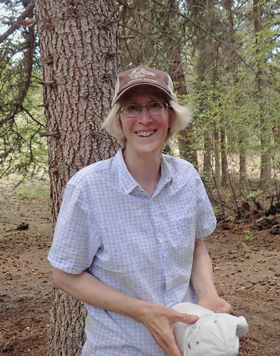
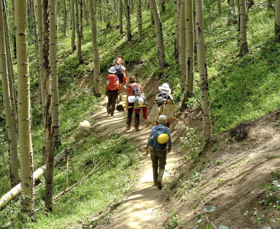
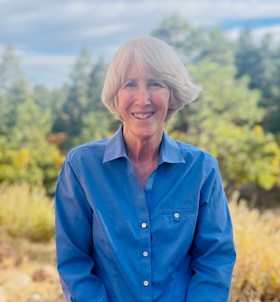
‘I was growing up as a naturalist’
My father was a biology professor so when we were growing up, we went where his teaching jobs took us, and eventually we made the move to South Dakota, which is really what I consider to be my childhood home. At that time, South Dakota was a largely immigrant community. Our neighbour on one side was Norwegian, and the other, Danish. If you went out fishing, people spoke German and there were still church services in German and Dutch. As a family, we were very immersed in the natural world. We took amazing walks, hikes, and all our vacations were camping trips. It was growing up as a naturalist, in a way.
There was a lot of investment in education in our town, and my school, Yankton High School, had great teachers. In English, we were reading across U.S., British, and Asian literature. I took a rhetoric class. And the science classes were wonderful. I took two years of chemistry and came into college way ahead of the students from the great suburban schools of Chicago. So, my hat is off to those teachers. And while I was there, I remember going to a presentation for Careers Day, given by the first woman district attorney of Yankton County. I was inspired and impressed, and I decided I would like to go to law school.
On applying for the Rhodes Scholarship
I went to Grinnell College, and I was lucky that they gave me a full ride, financially. They were very focused on recruiting from small towns in the Midwest. I think I benefited from that philosophy, and I had also done fairly well on my National Merit Scholarship Test. I arrived thinking I would be an English major but after a time, I realised that my interests were in science and history, so I became a chemistry major, while studying an awful lot of history.
Applying for the Scholarship wasn’t something I’d thought of myself, but I was encouraged by three of my professors, one of whom, Rogers Gurira, was from what is now called Zimbabwe – at that time, it was Rhodesia. I remember the interview was a grilling, but they were great questions. I thought I didn’t have a chance, so I just went into it thinking I would get as much out of the process as I could and would just [was going to] enjoy the discussion and the conversations.
I [got] was awarded the Scholarship in the second year that women were eligible to apply, and there were those who tried to pressure me not to take it. There were even signs around Grinnell when I went back after I’d won the Scholarship, saying I shouldn’t accept it. I thought about it a lot, because I knew that the origins of the Scholarship were tied to colonialism and to Cecil Rhodes’ legacy. But, partly because my professor, who was from Zimbabwe, had encouraged me, I decided I would take it, and I made a pledge to myself that I would make something of this and do something valuable in the world, something very positive for my community.
‘So many brilliant women’
At Oxford, I went to St Anne’s, which was a women’s college at that time, and I have to say it was a great choice. The other women students were so welcoming. The history tutors at St Anne’s were superb. I had never experienced a place filled with so many brilliant women.
I made good friends across the Rhodes Scholars community, as well as a number of English friends. I’d joined Oxford’s mountaineering club, thinking it would be a great way to get to know the UK. It was more rock-climbing than hiking, though, and on the first trip, those of us who were less experienced were paired with those who had already done a lot of rock-climbing. I was paired with a student from Keble named Michael Campbell. Well, things led to things, he became my husband and still is today, and we eventually located in Colorado because of our shared love of mountains and mountaineering.
On serving community
More than anything, I would say the Rhodes Scholarship created within me a strong sense of duty or commitment to others and to serving the community, and that has been a big force in my life. This was reinforced by hearing Paul Sarbanes (Maryland & Balliol 1954) speak at a Rhodes reunion to the Rhodes Scholars who were lawyers, saying, ‘You’re a part of the community. You can and should contribute so much to the various organisations that serve your community, and this is an important part of being an attorney.’ So, I redoubled my effort in that regard and tried to be a good member of my firm, a good partner, but at the same time, I became very committed and devoted much time outside work to a number of community organisations. Later, after I retired, I had lunch with a couple of young women attorneys from the firm whom I had mentored, and they told me that seeing me do that community work had had a great influence on them and really meant something to them in a positive way about what it meant to be an attorney.
Colorado is where I also got more involved, first on the Colorado Selection Committee, and then as a District Secretary of Selection for the Rhodes Scholarship Trust. I enjoyed that work so much. You’re meeting incredible students, and I loved working with Elliot Gerson (Connecticut & Magdalen 1974), who was American Secretary. I wanted the best people possible covering a range of subject areas on the committees, and to the extent that I had a role, I was encouraging of having very diverse committees.
I think we face two large problems in the US, race and climate. Both are very difficult and we need to address each more. For many years, I was on the board of the Women’s Foundation of Colorado, and I’m still very involved. They do incredible work to advance and uplift women of all backgrounds here in Colorado. I feel privileged to have been involved in their mission and work.
‘I’m going off into the world and doing all sorts of new things’
I look at my life now as if I’m a college student just graduating, as if every day I’m going off into the world, doing all sorts of new things. After I retired, I decided to go back to school to do science, and so, I completed a degree in natural resource stewardship at Colorado State University and specialised in ecological restoration. I then became a technical advisor on ecological restoration projects, working on developing plans for restoring the forests damaged by fire, insects, drought and climate change. Now, for me the greatest compliment is when the Forest Service people on one of my projects refer to me as ‘The ecologist’. I also decided I needed to be more involved in addressing climate change, and joined a remarkable organisation called Citizens’ Climate Lobby which does advocacy work, primarily with Congress. I became a leader of Citizens’ Climate in Colorado Springs and the Pikes Peak region, and I’m also now the co-state coordinator for Colorado.
On positive change and living a good life
I think that in the Rhodes Trust, and with the creation of the Mandela Rhodes Foundation, there has been a lot of wrestling with the issue of race and the origins of the Scholarship, and I have to say that I’m very impressed with the way the Trust has addressed this. I look at the Scholars who are now coming through today, and I’m so glad the Trust is bringing the Scholarship opportunity out into the world. I have to say, the transformation is remarkable, and I feel very positive about it.
There are different ways that you can be a Rhodes Scholar and feel as if you’re fulfilling the intention of the Scholarship. Some people pursue elected office, some people become leaders in academia or in their profession. Other people become advocates in their communities. I think many Rhodes Scholars worry about how to have the most productive life, the most valuable life. What’s clear to me is that there are many different ways to approach this, and they probably won’t appear to you all at once on leaving Oxford. And the path to a good life that opened for me, and to feeling that I was fulfilling the intention of the Scholarship, was to work in my community and state, and now at a national level through my climate work, to give others the potential for a better life and future.
